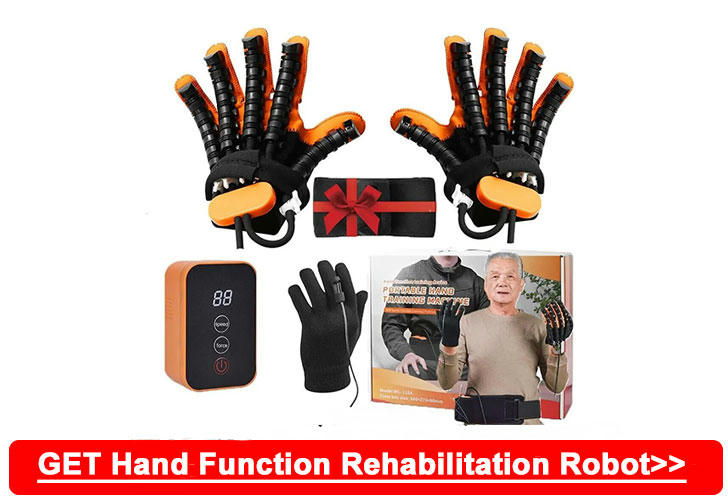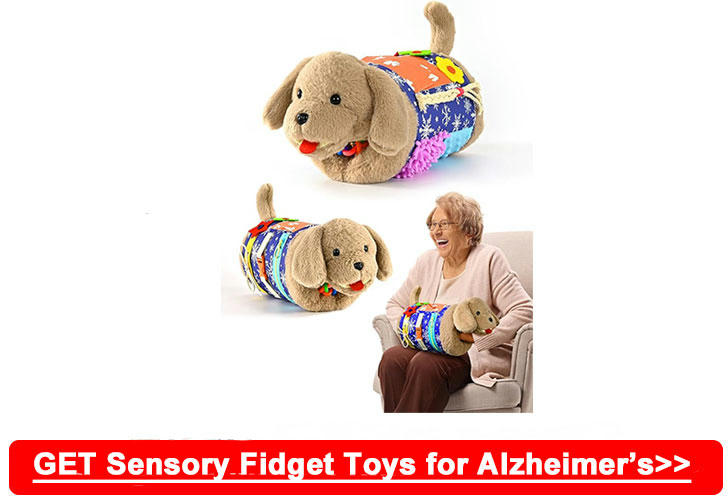Simple Daily Exercises For Alzheimer's Disease Have Unexpected Effects
Caring for someone with dementia can be both rewarding and challenging. As the condition progresses, engaging in rehabilitation exercises can help maintain cognitive function, improve mood, and enhance overall well-being. Here’s a practical guide to effective rehabilitation exercises and activities tailored for individuals with dementia, along with some recommended products to support their journey.
1. Cognitive Stimulation Therapy (CST)
What It Is: CST involves structured activities that stimulate thinking, memory, and communication skills. These activities can be done in groups or one-on-one.
Why It’s Beneficial: Research shows that CST can improve cognitive function and quality of life for people with mild to moderate dementia.
Activities to Try:
• Memory Games: Simple card games or memory matching games can help stimulate cognitive abilities.
• Puzzles: Jigsaw puzzles with large pieces are great for improving problem-solving skills.
Recommended Product: Wooden Puzzles for Adults & Seniors
Brain exercise - Completing a Wooden Puzzles designed for seniors with early-stage dementia and Alzheimer's can benefit their brain, improve visual perception, provide a sense of satisfaction, and serve as a social activity
2. Physical Exercise
What It Is: Regular physical activity is crucial for maintaining physical health and can also benefit mental health.
Why It’s Beneficial: Exercise helps reduce anxiety and depression while improving mood and cognitive function.
Activities to Try:
• Walking Programs: Encourage daily walks in a safe environment. Walking not only promotes physical health but also provides an opportunity for social interaction.
• Chair Exercises: For those with limited mobility, chair exercises can be a great way to stay active without the risk of falling.
Recommended Product: Rehabilitation Robot Hand Function Rehabilitation Training Device
They effectively promote blood circulation in the hand and stimulate the recovery of hand nerves.
3. Art and Craft Activities
What It Is: Engaging in creative activities like painting, drawing, or crafting can stimulate the brain and provide a sense of accomplishment.
Why It’s Beneficial: Art allows self-expression and can be therapeutic, helping to reduce agitation and improve mood.
Activities to Try:
• Painting or Coloring Books: Simple painting or adult coloring books can provide a relaxing outlet.
• Craft Projects: Simple crafts like making greeting cards or seasonal decorations can be enjoyable and fulfilling.
Recommended Product: Sensory Fidget Toys for Alzheimer’s or Dementia
his fidget muff blanket for dementia provides a variety of fun sensory activities and will keep restless hands occupied,Thus relieving the patient's anxiety, The fidget muff with blanket stimulates nerve receptors on the fingertips to keep the fingers, hands, joints and brain active.
4. Hydration Aids
Maintaining hydration is crucial for overall health, especially in dementia patients who may forget to drink regularly.
Recommended Product:Large Display Digital Clocks
The digital clock for elderly with date can set 12 daily alarms and 3 groups medication reminders,to remind us for daily exercise,make appointments,take medicine,drink water,go to the toilet,etc.
Conclusion
Engaging individuals with dementia in rehabilitation exercises is vital for maintaining their cognitive function and emotional well-being. By incorporating activities such as cognitive stimulation therapy, physical exercise, art projects, music therapy, reminiscence therapy, and ensuring proper hydration, caregivers can significantly enhance their quality of life. The recommended products listed above can further support these activities, making the caregiving journey more manageable and enjoyable. Remember, patience and understanding are key as you navigate this path together. Happy gifting!




